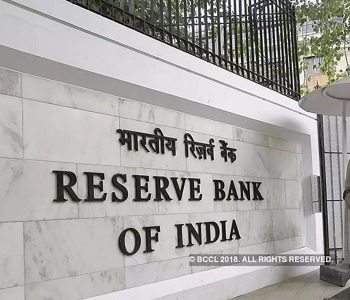Nigeria sues Binance for $81.5 bn over alleged economic losses and unpaid taxes

KATHMANDU: The Nigerian government has filed a lawsuit against Binance, the world’s largest cryptocurrency exchange, seeking $81.5 billion in damages. The suit comprises $79.5 billion for alleged economic losses and an additional $2 billion for back taxes covering the years 2022 and 2023.
The Federal Inland Revenue Service (FIRS) contends that Binance’s operations have significantly impacted Nigeria’s economy and that the company has failed to comply with local tax obligations. The agency asserts that Binance has a “significant economic presence” in the country, rendering it liable for corporate income tax. The lawsuit seeks a court order mandating Binance to pay the alleged back taxes, along with a 10% annual penalty on the unpaid amounts and a 26.75% interest rate, corresponding to the Central Bank of Nigeria’s lending rate.
This legal action follows a series of regulatory challenges for Binance in Nigeria. In 2024, two of the company’s executives were detained on charges including tax evasion and money laundering. While one executive was released, the other remains at large. Additionally, Binance is contesting four counts of tax evasion in the country, which encompass allegations of non-payment of value-added tax, corporate income tax, failure to file tax returns, and facilitating tax evasion for its users.
In response to these challenges, Binance announced in March 2024 that it would cease all transactions and trading involving the Nigerian naira. The company has previously stated its intention to cooperate with Nigerian authorities to resolve any outstanding tax liabilities. However, as of now, Binance has not issued an official comment regarding the latest lawsuit.
This lawsuit underscores Nigeria’s intensified efforts to regulate the cryptocurrency sector and ensure compliance with its financial laws. The outcome of this case could have significant implications for the operations of cryptocurrency exchanges within the country and potentially influence regulatory approaches in other jurisdictions.














Facebook Comment